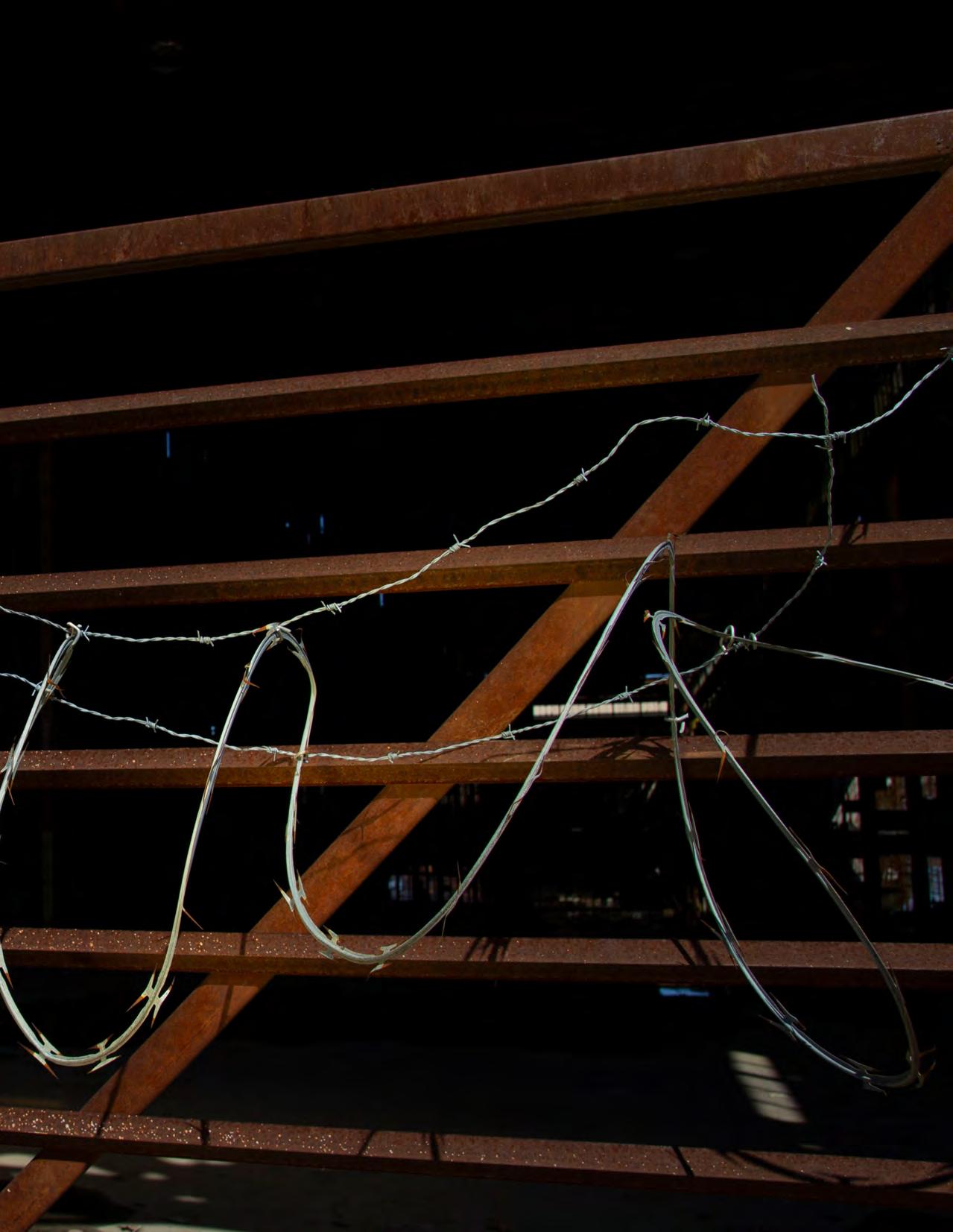
5 minute read
The Table on the Balcony
By Jane Dodge
I spent the Summer of 2022 in Italy, more specifically, the small city of Viterbo. The quality of life I experienced there was unlike any other. Good food was incredibly easy to find.
The grocery stores are small, far smaller than Americans can even conceptualize. Stock turns over within two to three days. If I was looking for something specific, I could ask the shopkeeper, and if they didn’t have it, they’d simply order it for me or point me to a different store, even if it was their direct competitor. Often, grocery stores carry basic fruits and vegetables; however, most produce can be found at a separate store, a few minutes’ walk down the road in the city center. The fresh produce sat under a hanging awning that read “frutta e verdura,” with an open door that welcomed me to the inside. I would grab only the necessities knowing I’d be back tomorrow. Not only because it was a ten-minute walk home and I could only carry so much, but also because I trusted what I needed would be there the next day, and it would be fresh.
I went home and prepared a Caprese salad, it cost three euros, one euro per ingredient, excluding olive oil because my neighbor made too much to use before it expired, (but I know she really just wanted la studentessa americana to try some).
In the most simplistic way, at that moment, I was living within my means. It was the best feeling, I felt free. My body hurt less. I spent more time in the sunlight and even more time with friends. A bottle of good wine was four euros–we would drink it on the balcony while we discussed our days, shitty ex-boyfriends, and our favorite songs while waiting for the restaurant to open at eight. It was easier to decide what to eat, I wasn’t worrying about
what is “healthy” because I knew that it didn’t matter, I was eating good food. The shopkeeper told me where everything was from when I checked out. I’m pretty sure he thought I was stupid, but I didn’t mind. Somehow my plate had everything I wanted and needed without trying.
My Italian professor yelled at me and bought my croissant when I told him I hadn’t had breakfast that morning.
“Il cibo è come vivi. è semplice.”
“Food is how you live. It’s simple.”
Our class always took a few minutes’ break to go down to the coffee shop on campus to eat and drink there, sometimes continuing the class discussion, sometimes talking about nothing – but there is an everythingness to what we talk about.
Sitting under the sun, while pieces of my croissant flaked off from biting into it, I couldn’t help but wonder why it can’t be like this at home. I knew it couldn’t. My gut ached, realizing there was no way I would be able to find food so fresh, so cheap, and so readily available in America. I knew that there will always be an assignment looming. I will always be expected to do something. That’s what aches – knowing that I would have to abandon this slow living that has given me more peace than I had ever been able to generate on my own.
This slow living is real, and it is something Italy is trying to harness, trying to push us to see that life does not have
to be so painfully fast. “In Italy, 18 towns and cities presently comply with the prerequisites envisaged in the [‘Citta Slow’] statute and have thus been certified as ‘Città Slow’, many others are in the process of being certified and more are still waiting to be taken into consideration.” These “Slow Cities” have to go through various bureaucratic processes; however, they are saving people, conserving communities, and preserving a way of life that is not so incredibly plagued by capitalism.
The United Nations’ Sustainable Development goals clearly outline seventeen objectives for a properly developed society, and many of these slow cities particularly target the goal of “making cities and human settlements inclusive, safe, resilient and sustainable.” When I was reflecting on life since returning stateside after my summer of good eating and meaningfully spent time, I realized that if I slowed down, I would be left behind. Although “slow living” is cultural, it’s something that can extend beyond borders, but requires structural change. We are unable to live this slow life because of America’s engrained values. Structural changes like the UN’s Sustainable Development Goals and the Citta Slow movement get us a step closer to putting our well-being, culture, and planet above corporations and capital. Until we see this systemic change, the most forward action is to live more intentionally – starting with the food we eat.










